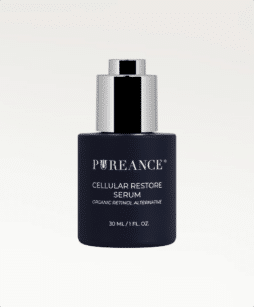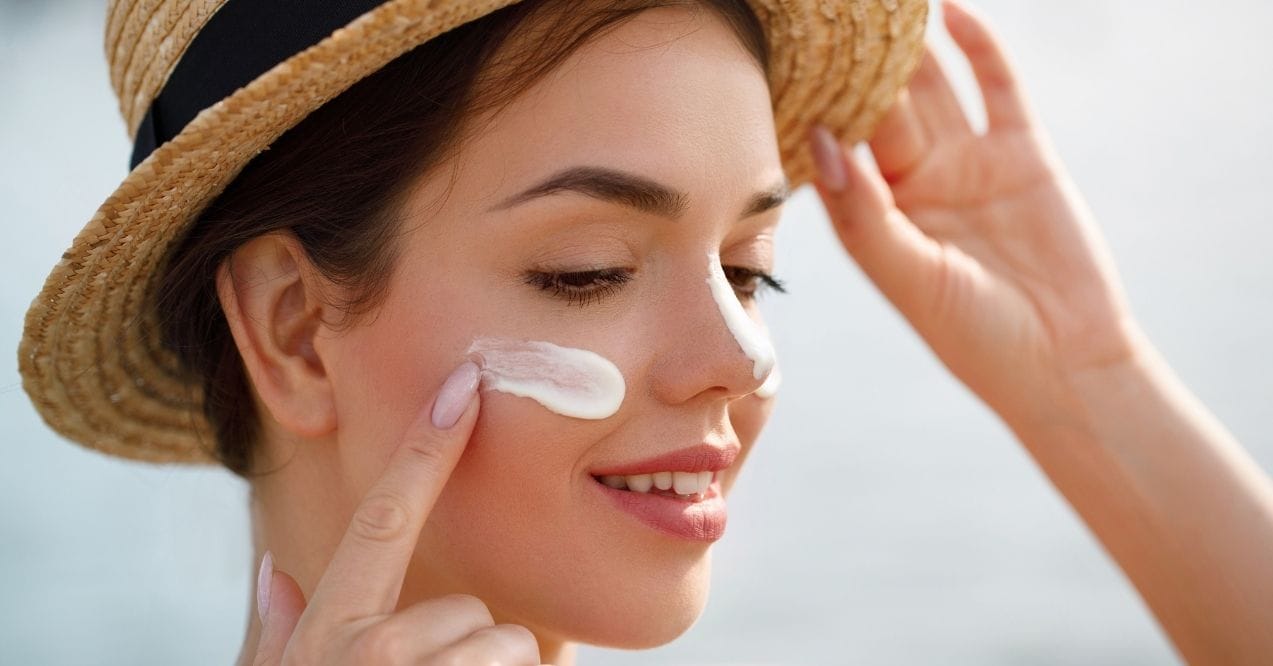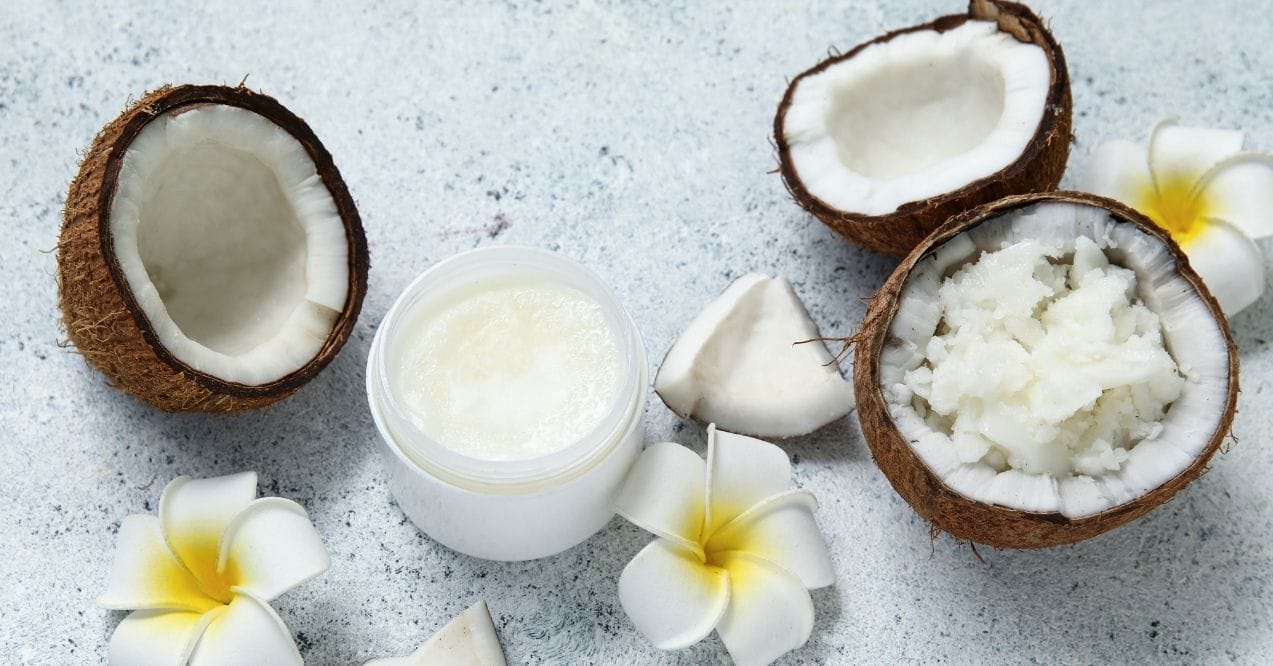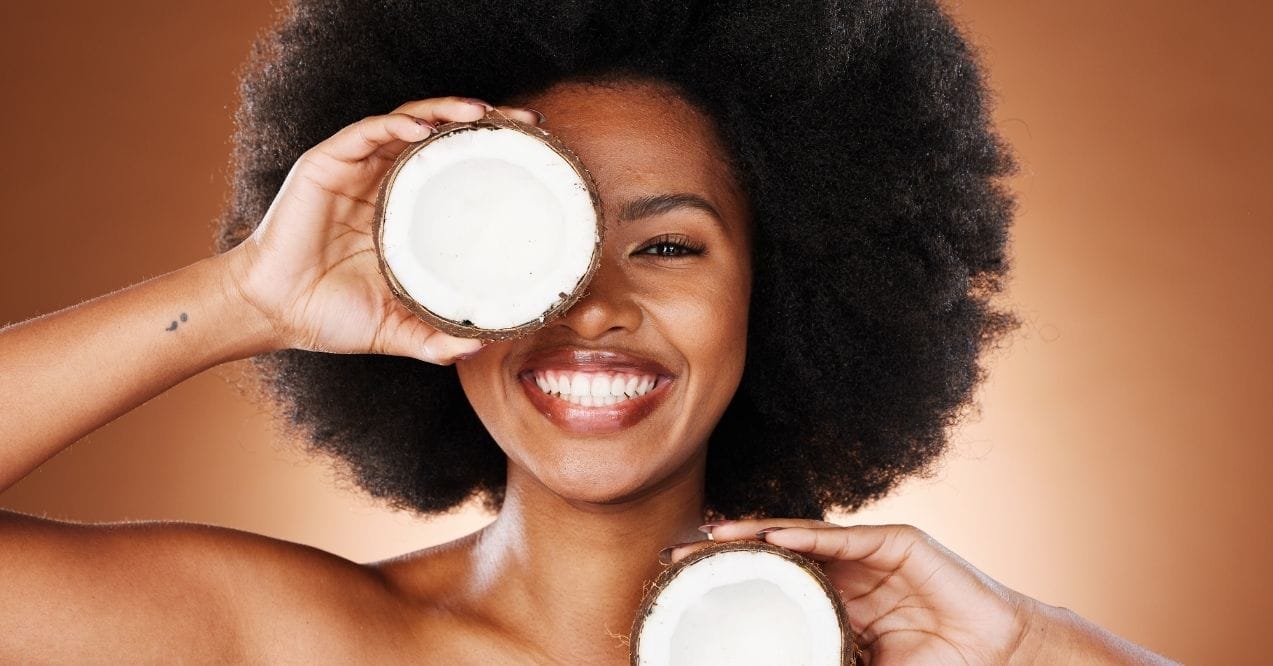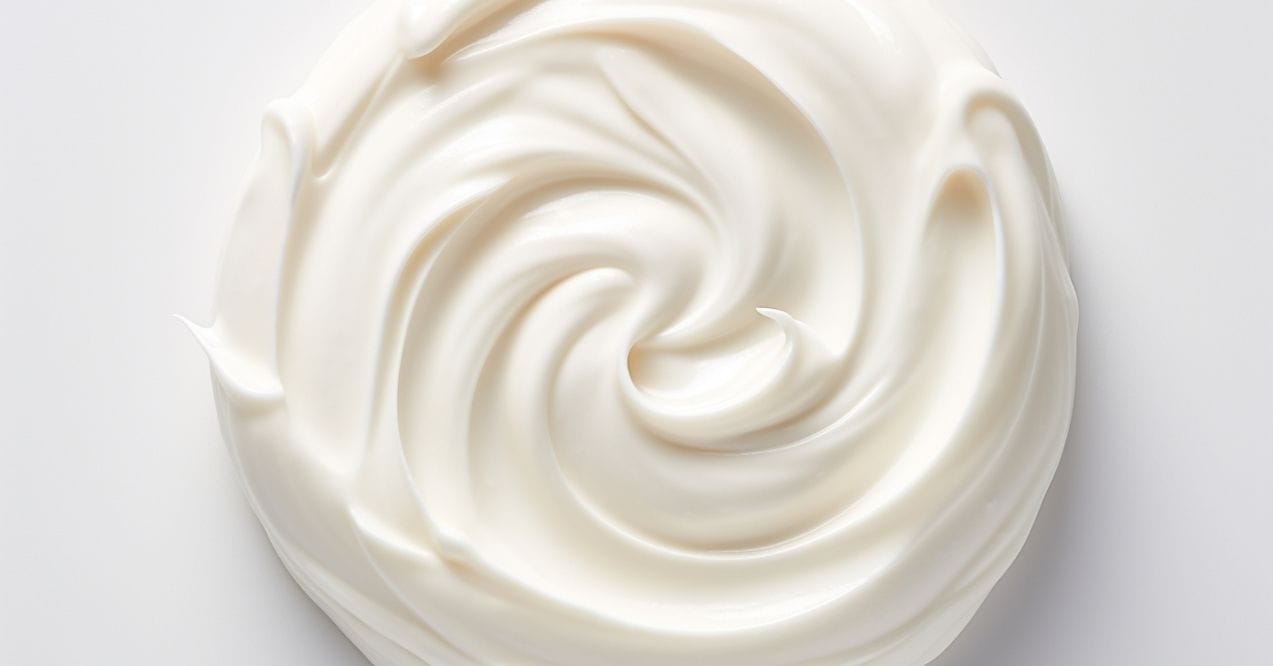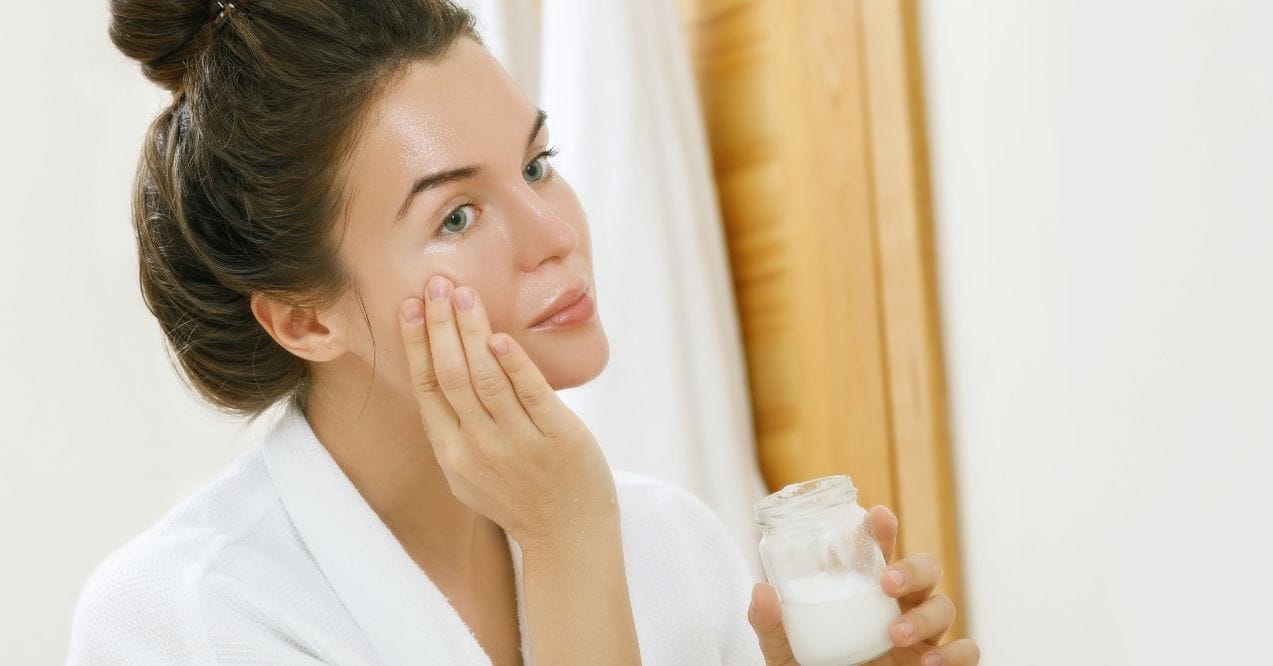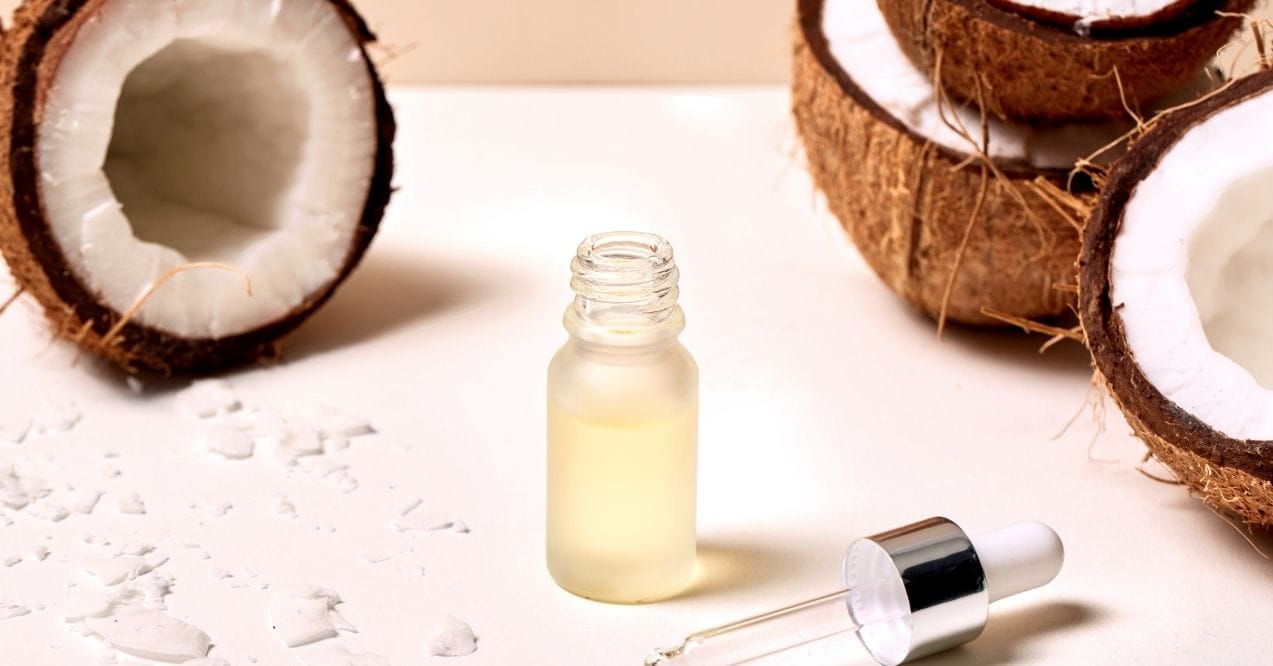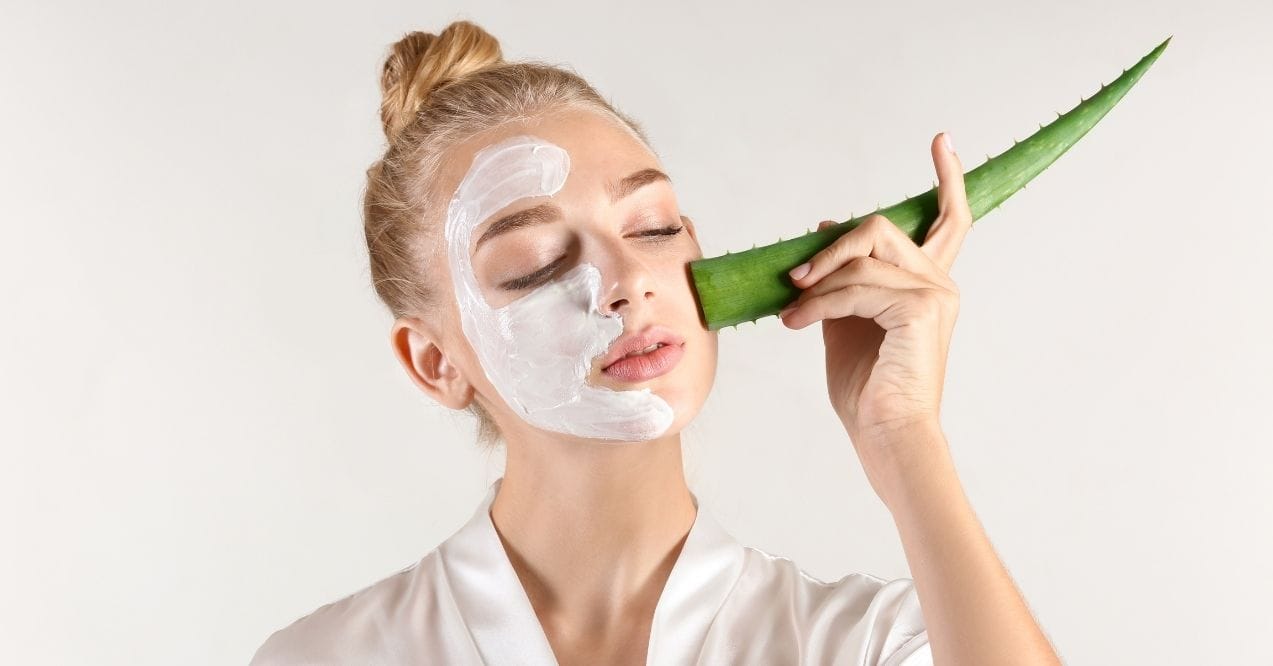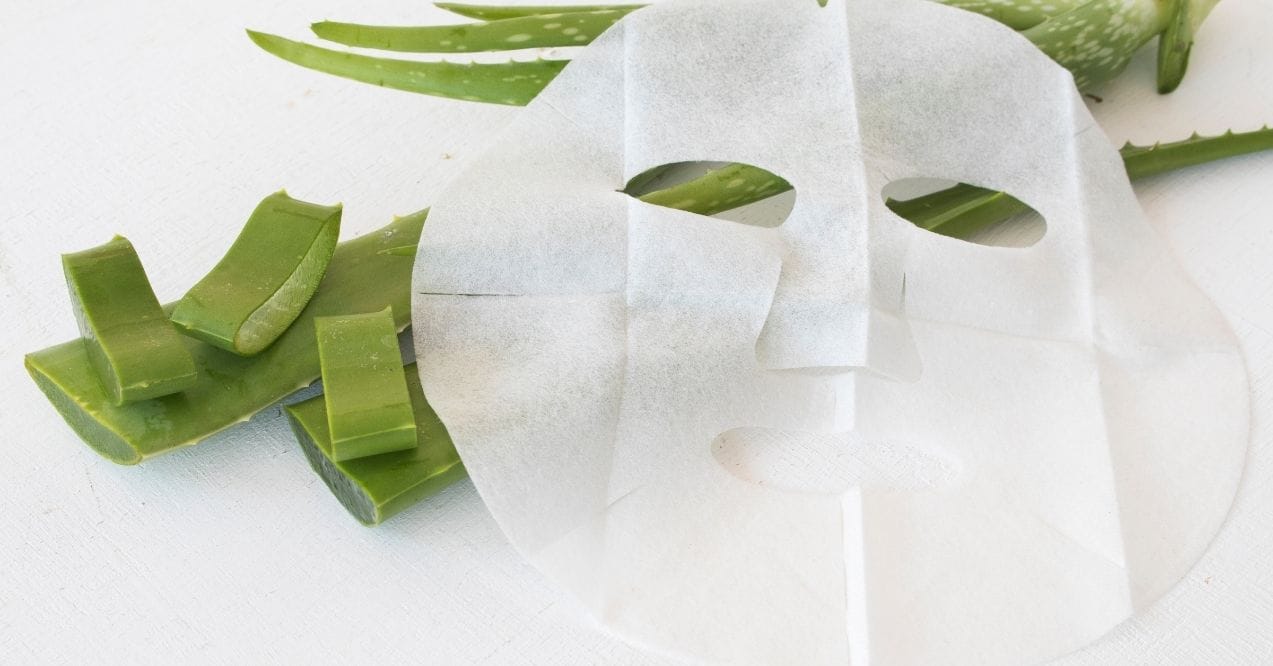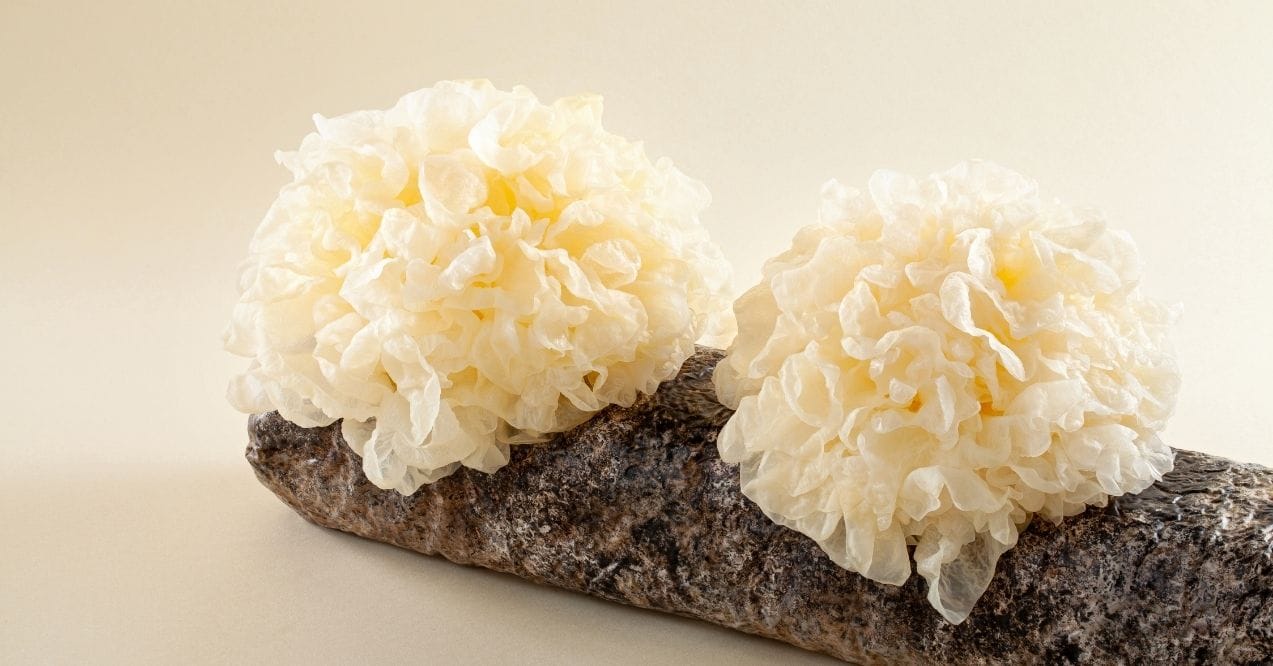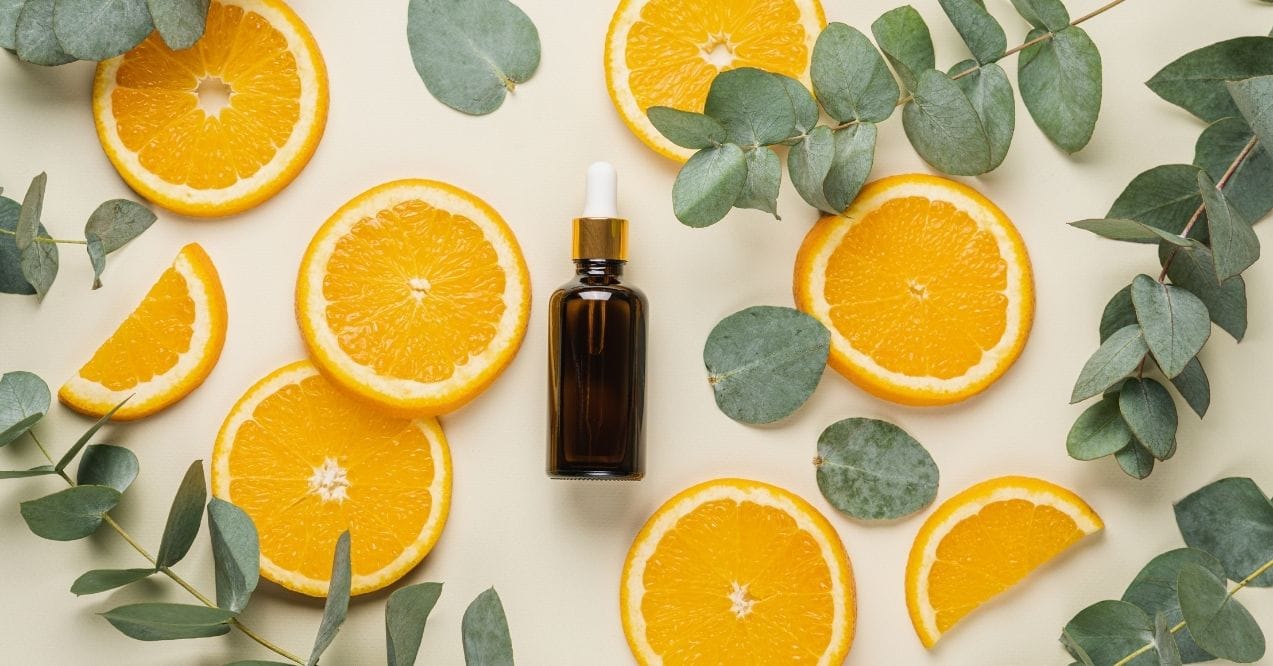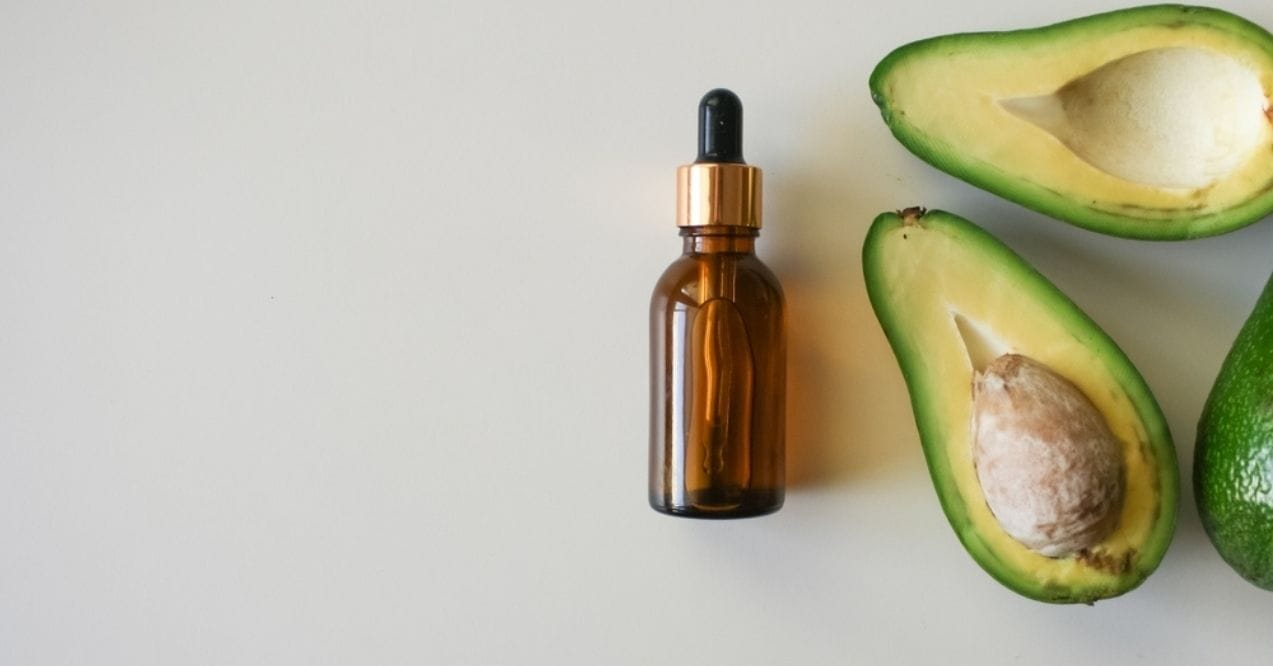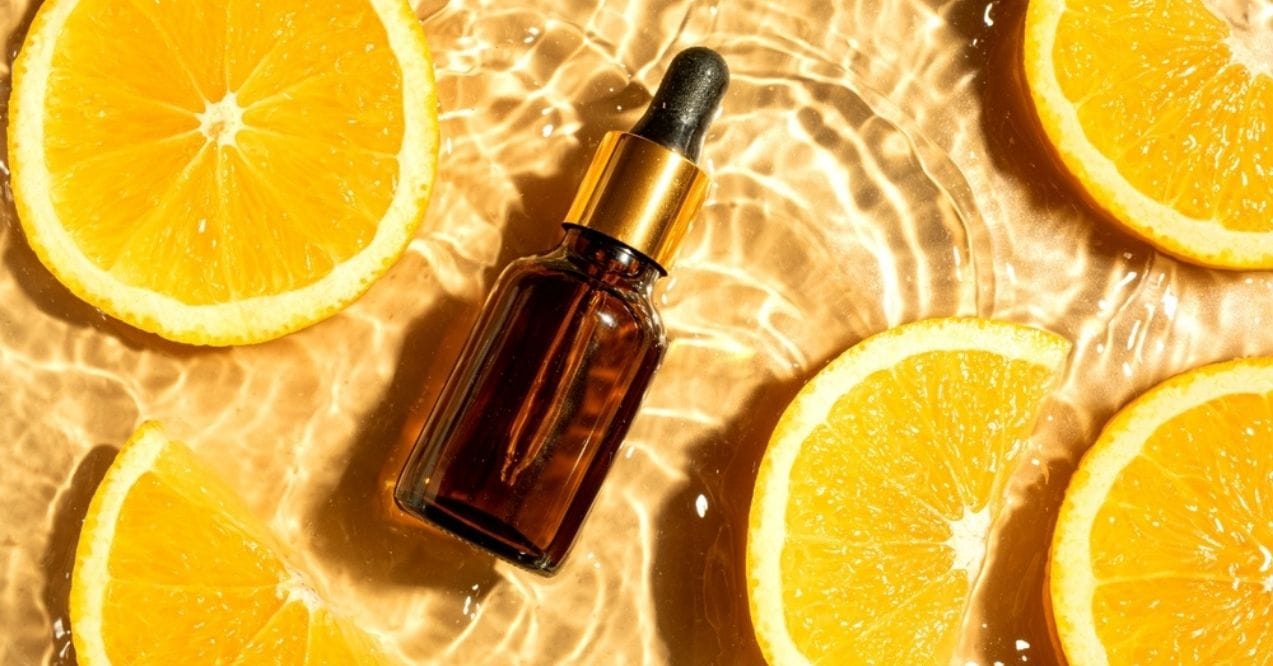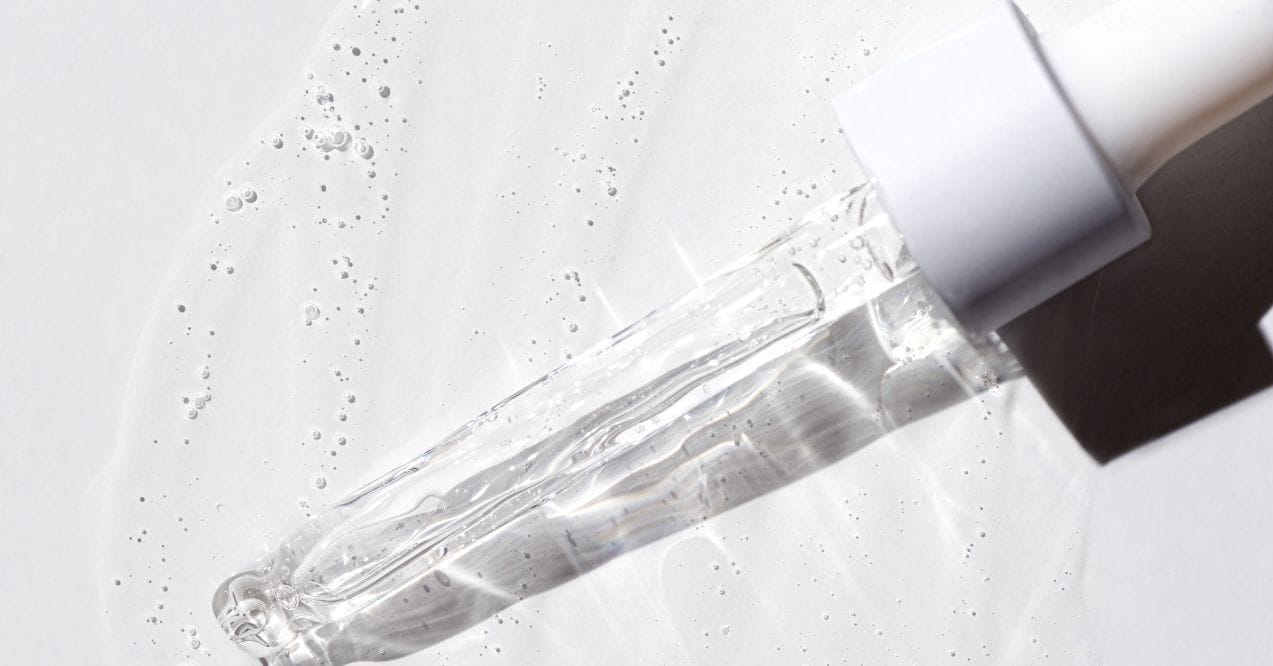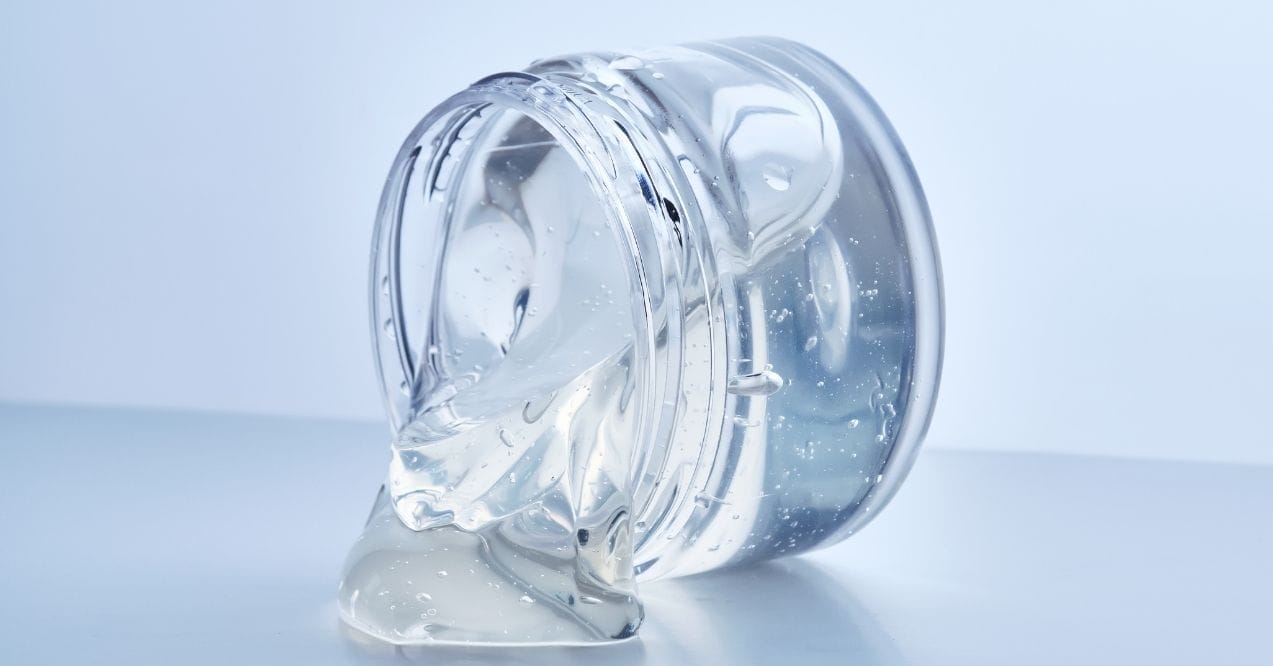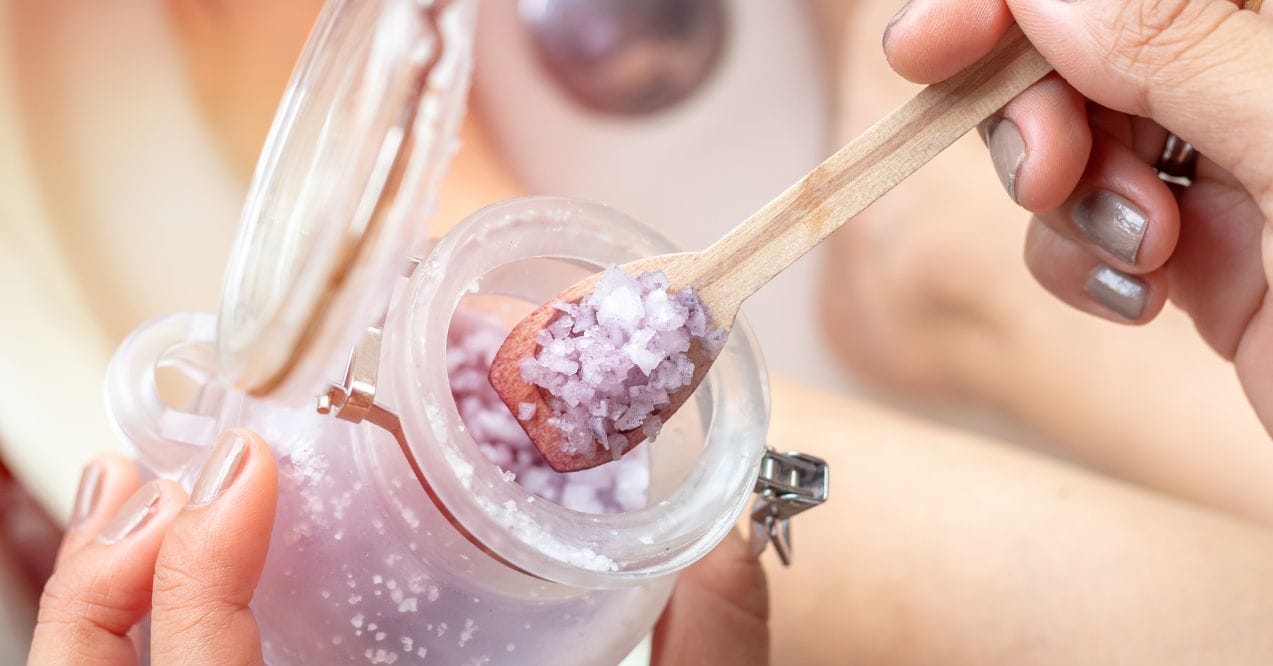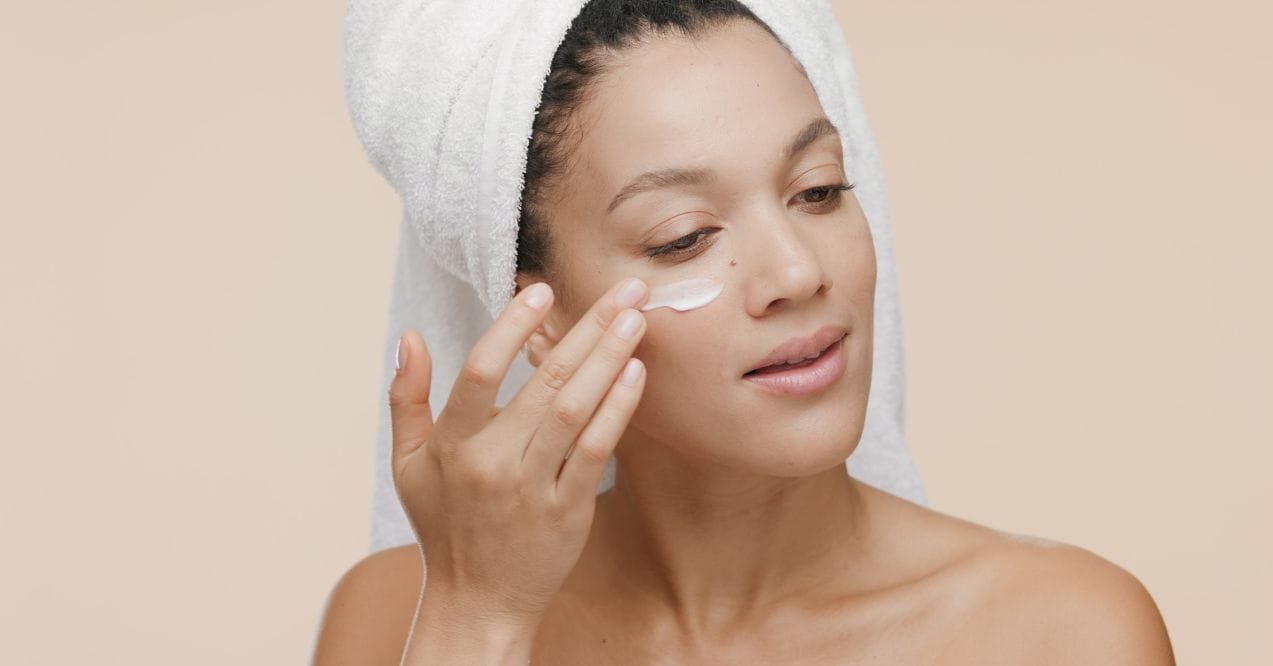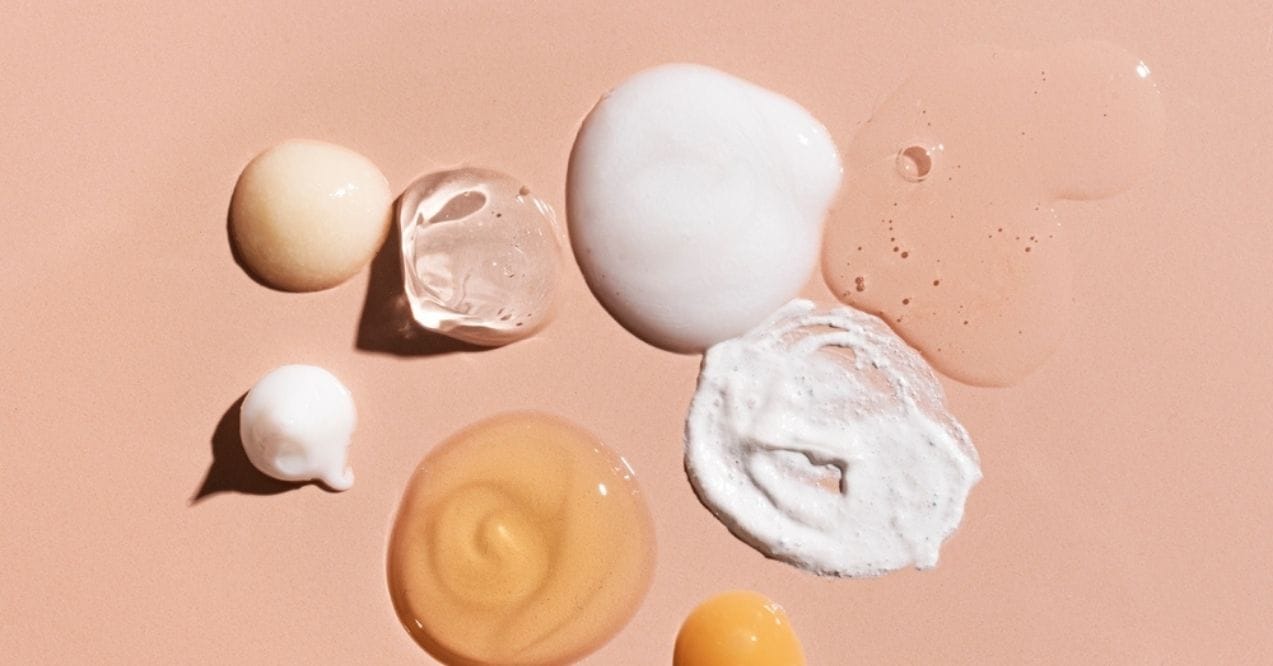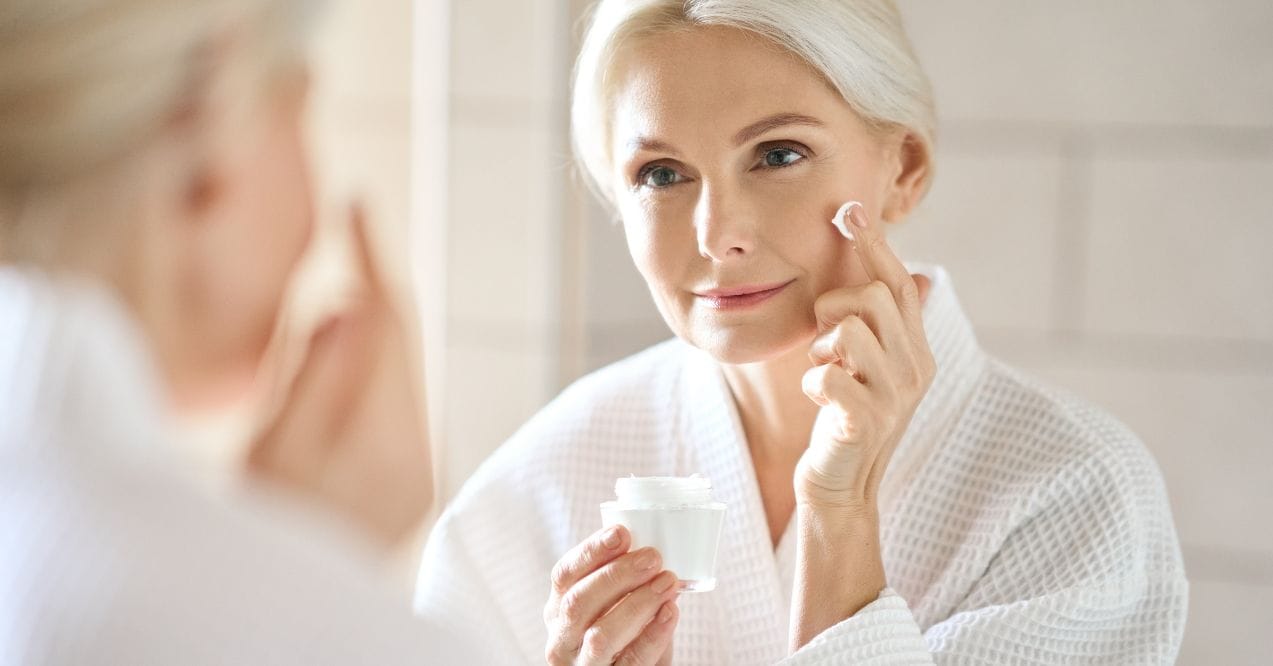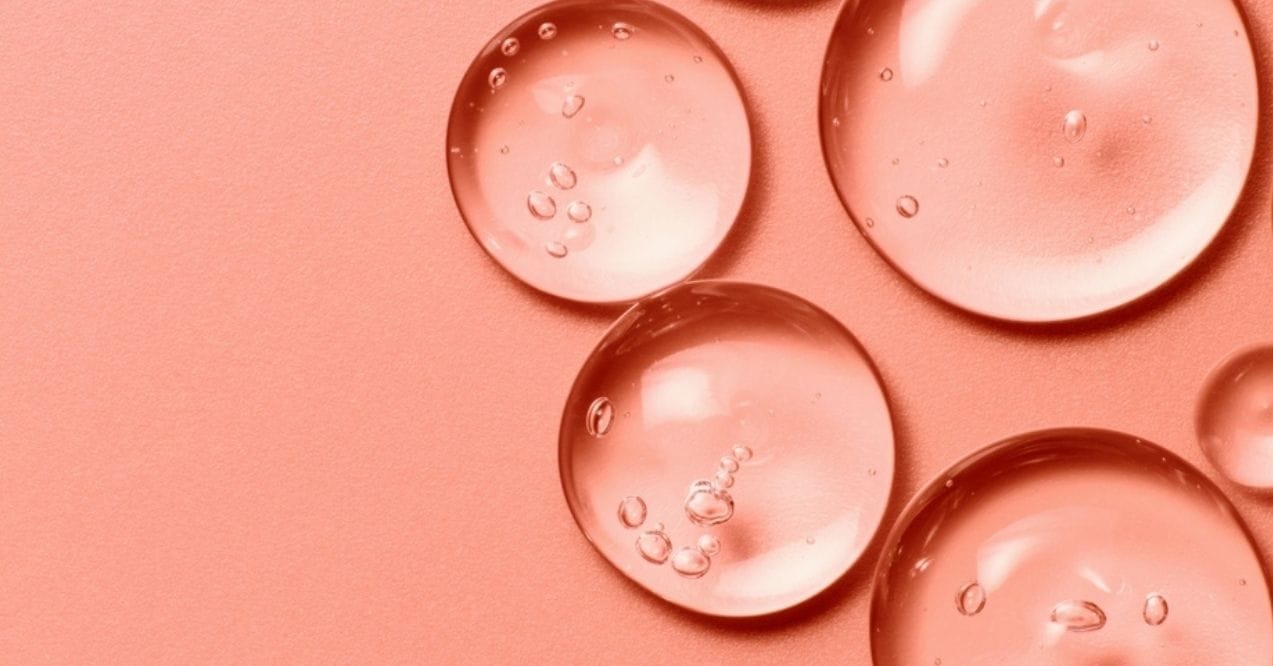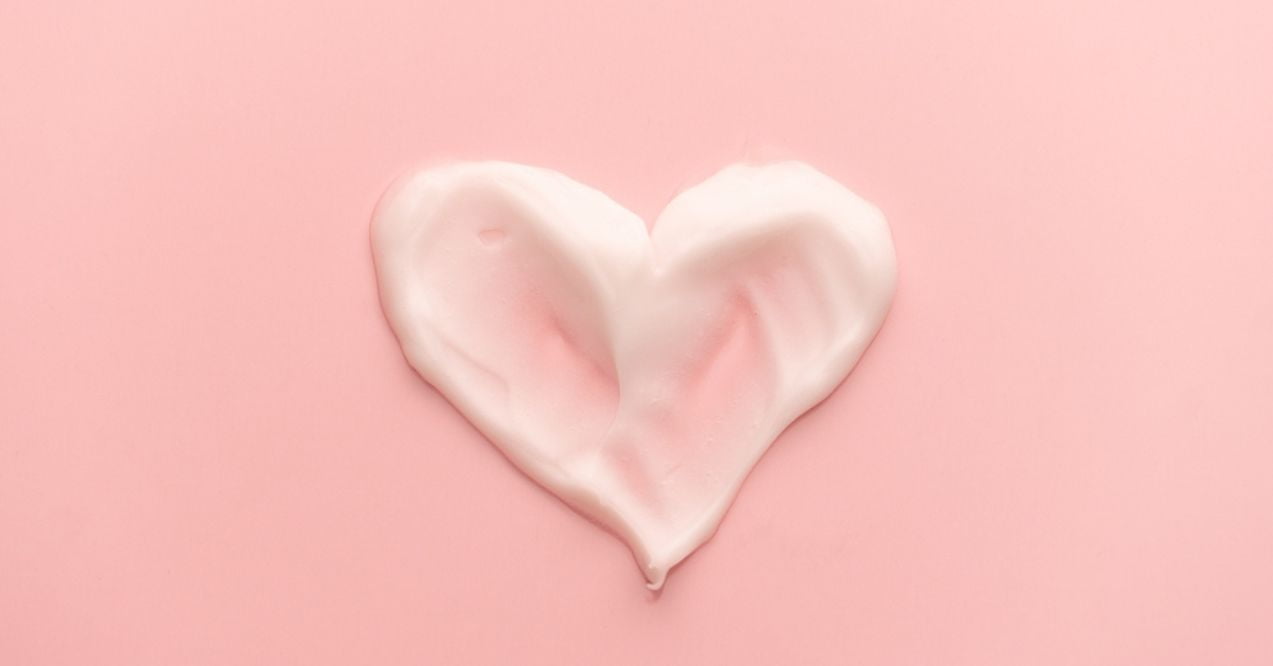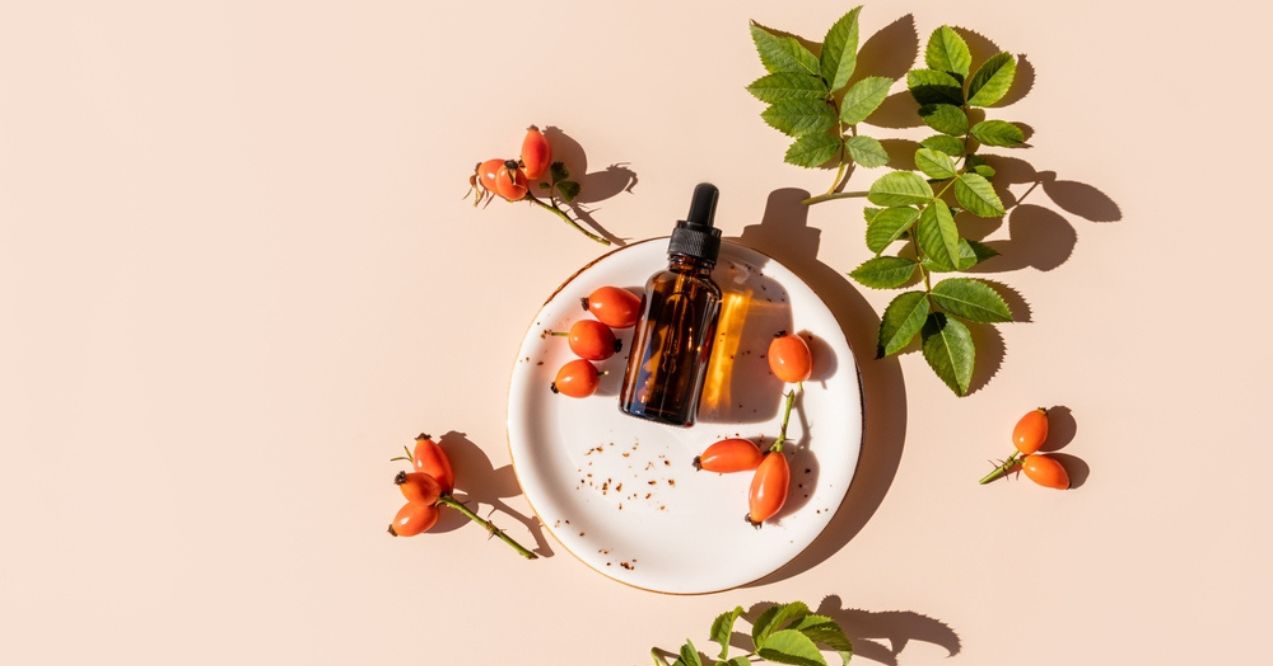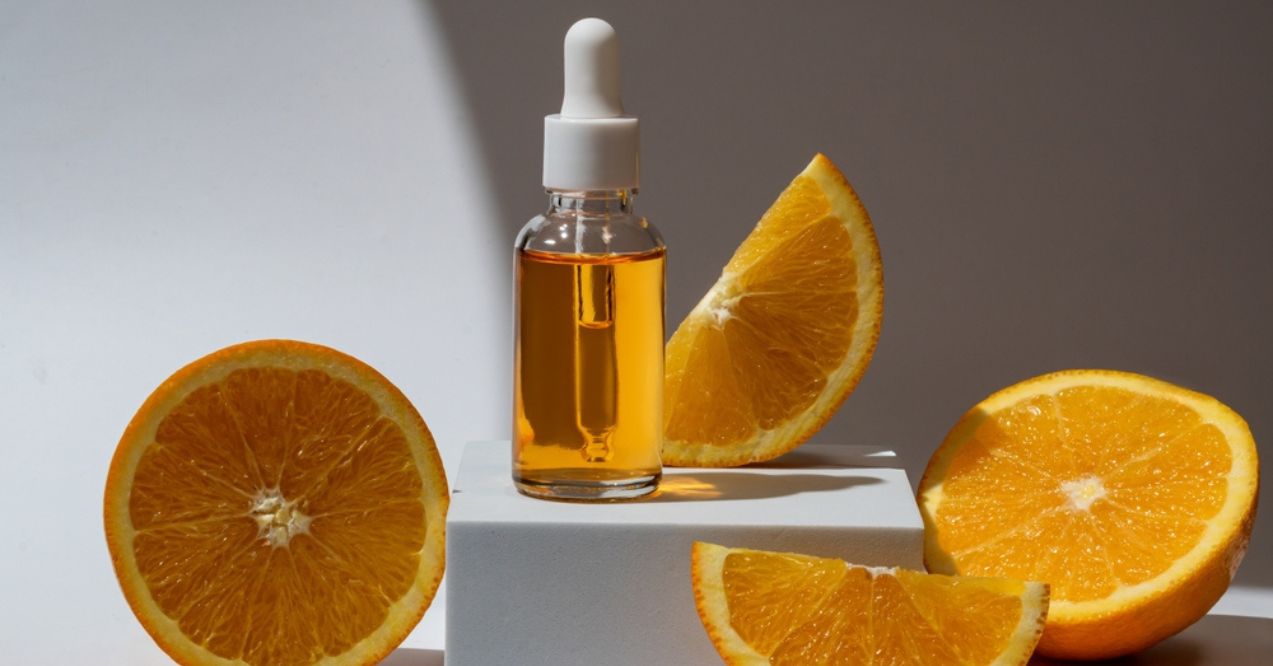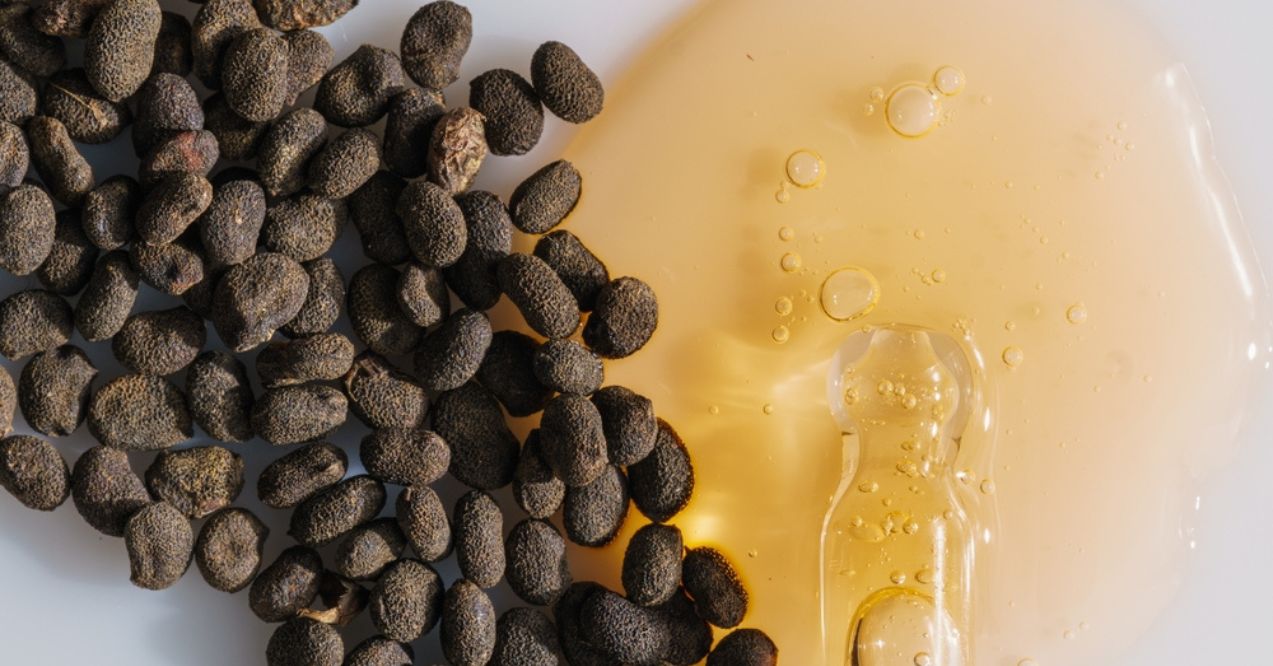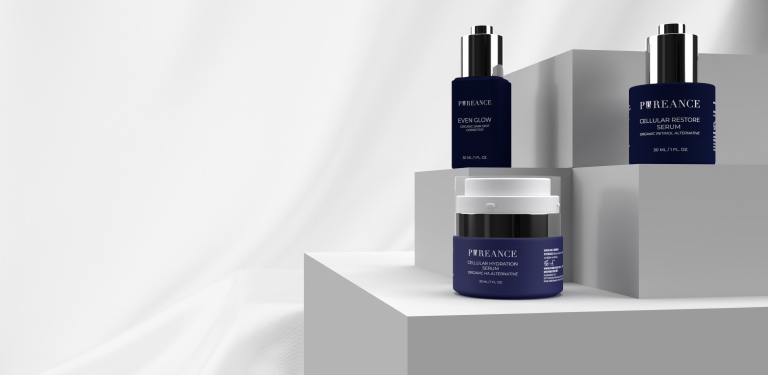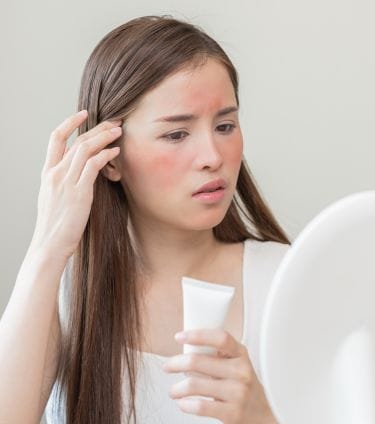


What Are the Side Effects of Hydroquinone?
Hydroquinone is a widely recognized ingredient in skincare, often sought after for its ability to promote a more even skin tone. However, while it’s popular in addressing certain cosmetic concerns, understanding the side effects of hydroquinone is essential for making informed decisions about your skincare routine. From short-term reactions to less common long-term impacts, being aware of its potential effects can help you weigh the risks and benefits effectively.
Key Article Findings
- Hydroquinone can cause short-term effects like sensitivity, dryness, or mild burning, and rare long-term effects such as uneven skin tone or ochronosis.
- Gentler alternatives like Vitamin C, Niacinamide, and botanical extracts provide effective options for achieving an even complexion.
- Proper use, including breaks and precise application, is essential for minimizing risks and maintaining skin health.
Side Effects of Hydroquinone on Face
The side effects of hydroquinone on the face can range from mild and temporary to more persistent concerns. While many individuals turn to hydroquinone for cosmetic purposes, it’s important to understand how it may interact with your skin.
Short-Term Side Effects
Short-term side effects of hydroquinone are often mild but can vary depending on skin sensitivity and usage. These reactions typically occur during the initial stages of application and can usually be managed with proper skincare practices.
- Skin Sensitivity and Redness
One of the most common hydroquinone side effects is increased skin sensitivity, often resulting in redness or mild irritation. This sensitivity can be aggravated by sun exposure, making it essential to use SPF during the day. For better results, consider applying hydroquinone at night to minimize exposure to environmental factors.
- Dryness and Flakiness
Hydroquinone may cause dryness or flakiness in certain areas, particularly for those with mature or sensitive skin. To alleviate this discomfort, moisturizing before and after application can help maintain your skin’s hydration and minimize irritation.
- Temporary Darkening (“Reverse Effect”)
In rare instances, users may notice a temporary darkening of the treated areas before lightening occurs, a phenomenon sometimes referred to as a “reverse effect.” While this can be unsettling, monitoring the changes over a short period is key. If the darkening persists, seeking professional guidance is advisable.
- Mild Burning
A mild stinging or burning sensation is another potential side effect of hydroquinone on face, particularly for those with sensitive skin. To reduce this reaction, try using a soothing, fragrance-free moisturizer beforehand to create a protective barrier between your skin and the product.
Long-Term Side Effects
While hydroquinone is effective for certain cosmetic purposes, understanding the long-term side effects of hydroquinone is also essential for those considering extended use. Rare concerns like ochronosis, where skin develops a blue-gray tint, highlight the importance of using hydroquinone within the recommended duration. If damage does occur, learning how to treat hydroquinone damaged skin with supportive products like moisturizers or barrier-strengthening solutions can help.
- Skin Discoloration or Uneven Tone
In some cases, prolonged use of hydroquinone may lead to an uneven appearance or patchy skin tone. This can occur as the product interacts with your skin over time, potentially resulting in areas of discoloration. To minimize this risk, consider taking breaks from hydroquinone use and monitoring your skin’s changes. Using the product only as directed and avoiding excessive applications can help maintain a more balanced look.
- Sensitivity Over Time
Long-term hydroquinone use may increase overall skin sensitivity, making your skin feel more delicate and reactive. This heightened sensitivity could lead to discomfort if products are applied too heavily or inconsistently. To reduce this risk, apply hydroquinone sparingly and evenly, pairing it with a gentle moisturizer to support your skin’s comfort over time.
- Blue-Gray Darkening (Ochronosis)
A rare but significant concern with extended hydroquinone use is ochronosis, a condition where the skin develops a blue-gray tint. This effect is more commonly linked to high concentrations or exceeding the recommended usage period (typically under six months). To reduce the likelihood of this side effect, stick to lower concentrations of hydroquinone and consult a professional if you notice unusual discoloration.
Rare and Less-Known Side Effects
While uncommon, some hydroquinone users may experience side effects that highlight the importance of careful application. Being aware of these hydroquinone risks can help you use the product more effectively and avoid unnecessary concerns.
- “Halo Effect”
One rare issue is the appearance of a lighter ring or “halo effect” around the treated areas. This happens when hydroquinone is applied too broadly, unintentionally lightening the surrounding skin. To prevent this, focus on precise spot application, limiting the product to the dark areas you want to address.
- Texture Changes
In rare cases, prolonged use of hydroquinone can leave the skin feeling “thin” or overly sensitive. To counteract this, consider alternating with products that support the skin’s natural barrier, such as gentle moisturizers or serums designed to strengthen the skin’s protective layer.
Safe Alternatives to Hydroquinone
For those looking for hydroquinone alternatives, natural botanical extracts like licorice root and arbutin offer a more soothing approach to promoting an even skin tone. These plant-based ingredients are known for their ability to brighten the skin without the potential irritation linked to hydroquinone. They are ideal for individuals seeking effective yet mild solutions.
Other options include Vitamin C, which supports a radiant appearance while protecting the skin from environmental stress, and Niacinamide, which helps improve texture and maintain moisture balance. For those interested in gentle exfoliation, Alpha Hydroxy Acids (AHAs) can enhance the skin’s surface, leaving it smoother and more refreshed.
Conclusion
Understanding the side effects of hydroquinone is essential for deciding whether it’s the right choice for your skincare routine. While it can be effective, many wonder, is hydroquinone safe for skin? By considering its risks and exploring gentler alternatives like Vitamin C or botanical extracts, you can make informed decisions to support a radiant and healthy complexion. Always prioritize your skin’s long-term care and comfort.
Yes, hydroquinone can increase skin sensitivity, leading to redness or irritation, especially with sun exposure. Using SPF during the day and applying hydroquinone at night can help minimize sensitivity and protect your skin.
To prevent dark spots from worsening, use sunscreen daily, avoid prolonged sun exposure, and opt for products like Vitamin C or Niacinamide, which support an even skin tone and protect against environmental factors.
Most hydroquinone side effects, like sensitivity or dryness, are temporary. Rare effects, such as ochronosis, may last longer. Proper use, including taking breaks and monitoring skin changes, reduces the likelihood of long-term issues.
This site offers health, wellness, fitness and nutritional information and is designed for educational purposes only. You should not rely on this information as a substitute for, nor does it replace, professional medical advice, diagnosis, or treatment. If you have any concerns or questions about your health, you should always consult with a physician or other health-care professional. Do not disregard, avoid or delay obtaining medical or health related advice from your health-care professional because of something you may have read on this site. The use of any information provided on this site is solely at your own risk.
Nothing stated or posted on this site or available through any services are intended to be, and must not be taken to be, the practice of medical or counseling care. For purposes of this agreement, the practice of medicine and counseling includes, without limitation, psychiatry, psychology, psychotherapy, or providing health care treatment, instructions, diagnosis, prognosis or advice.
